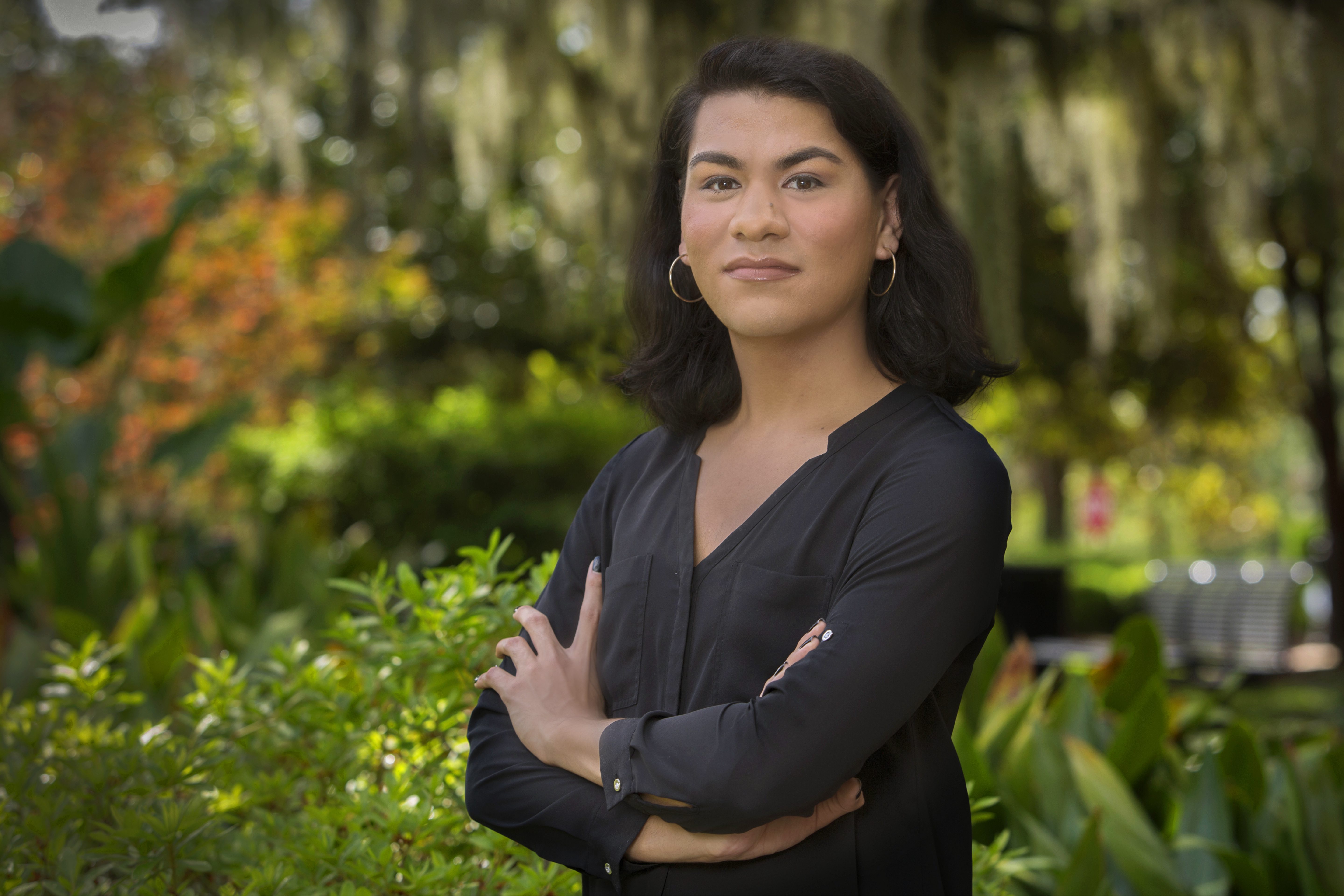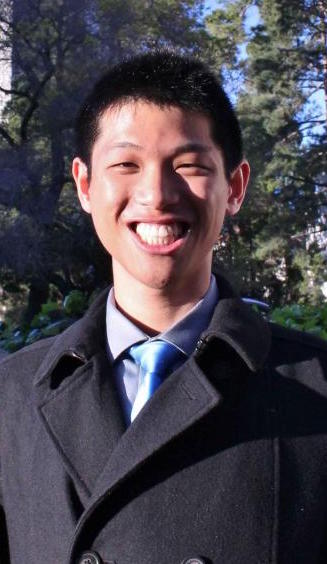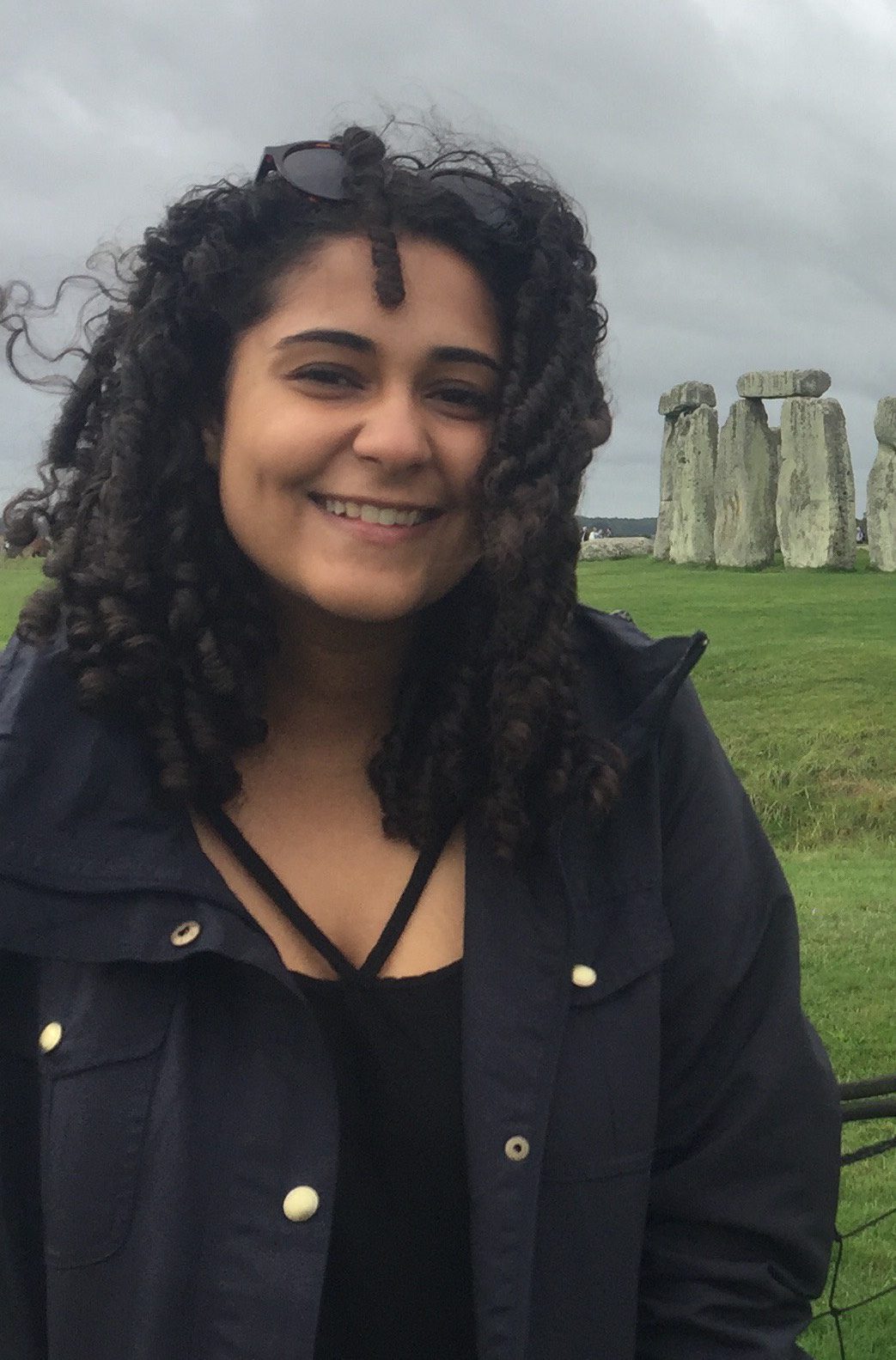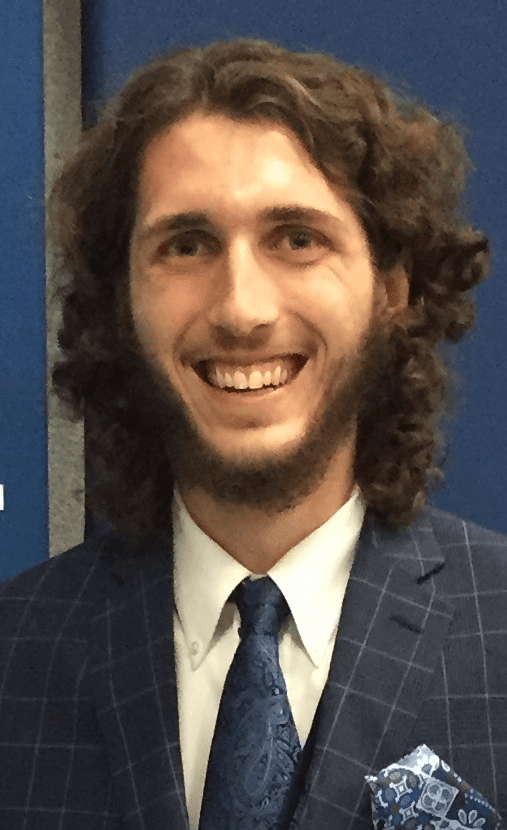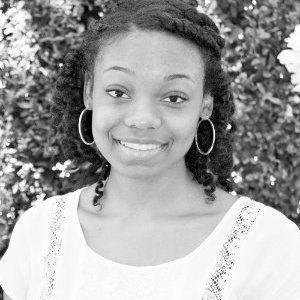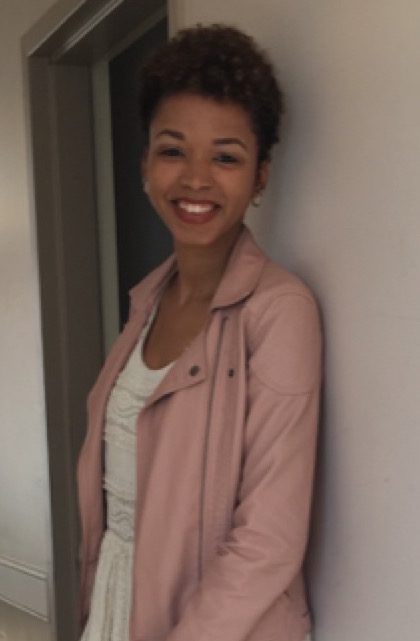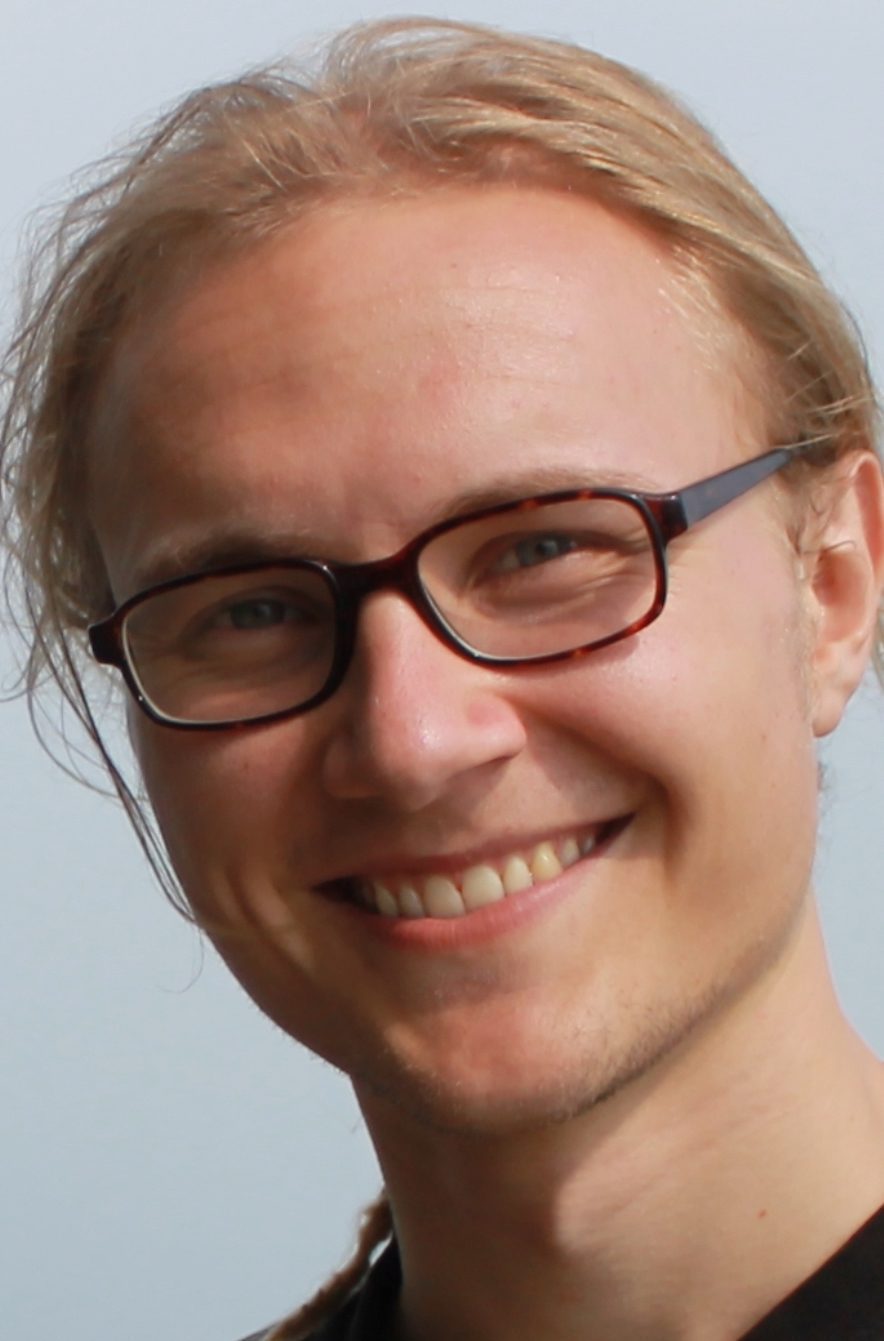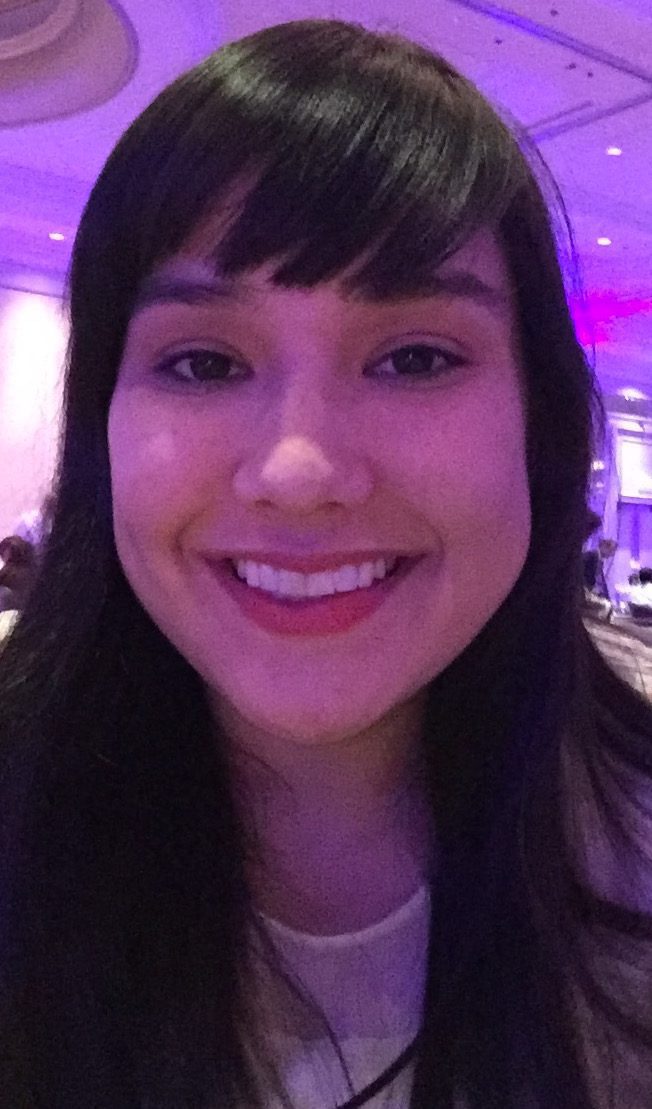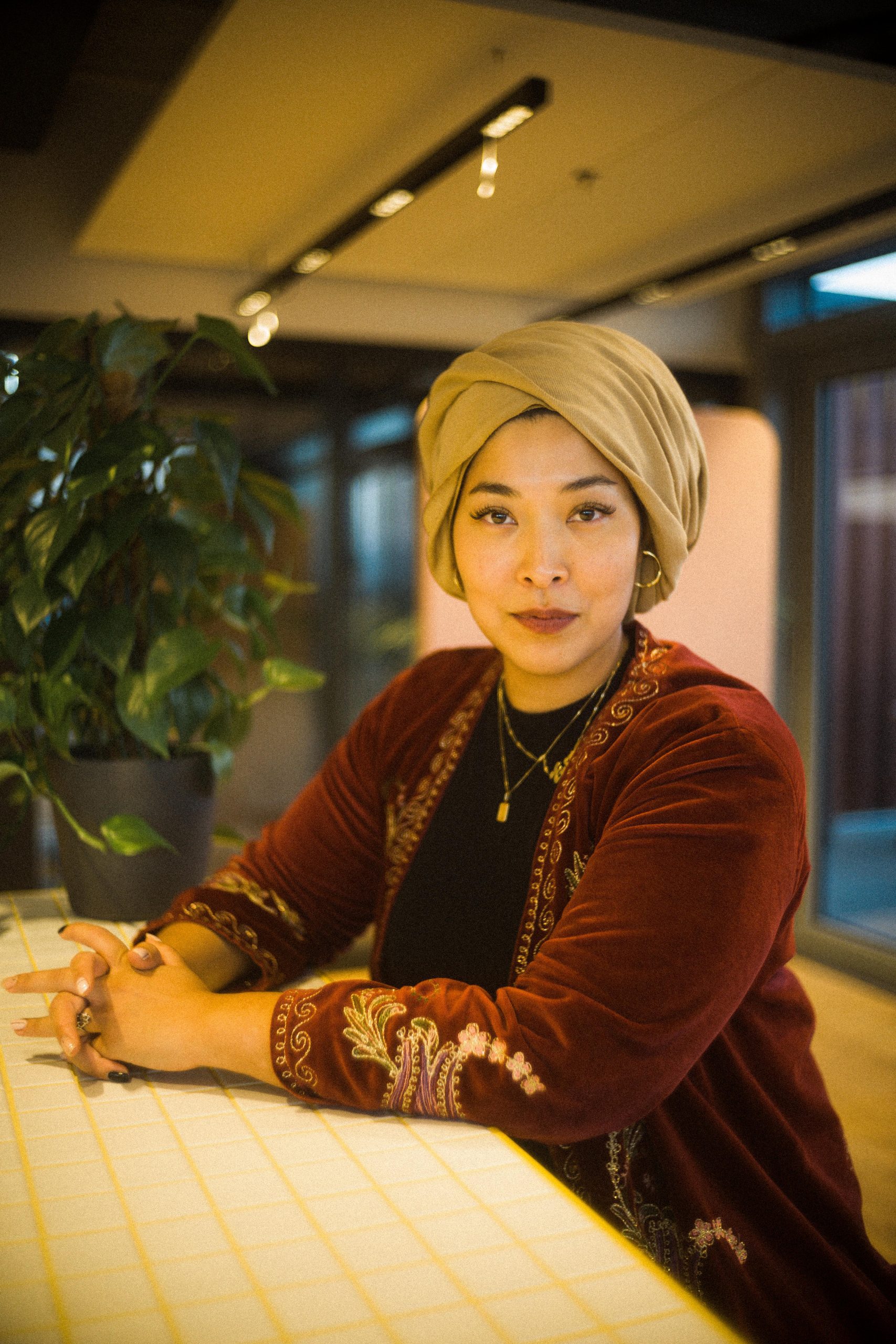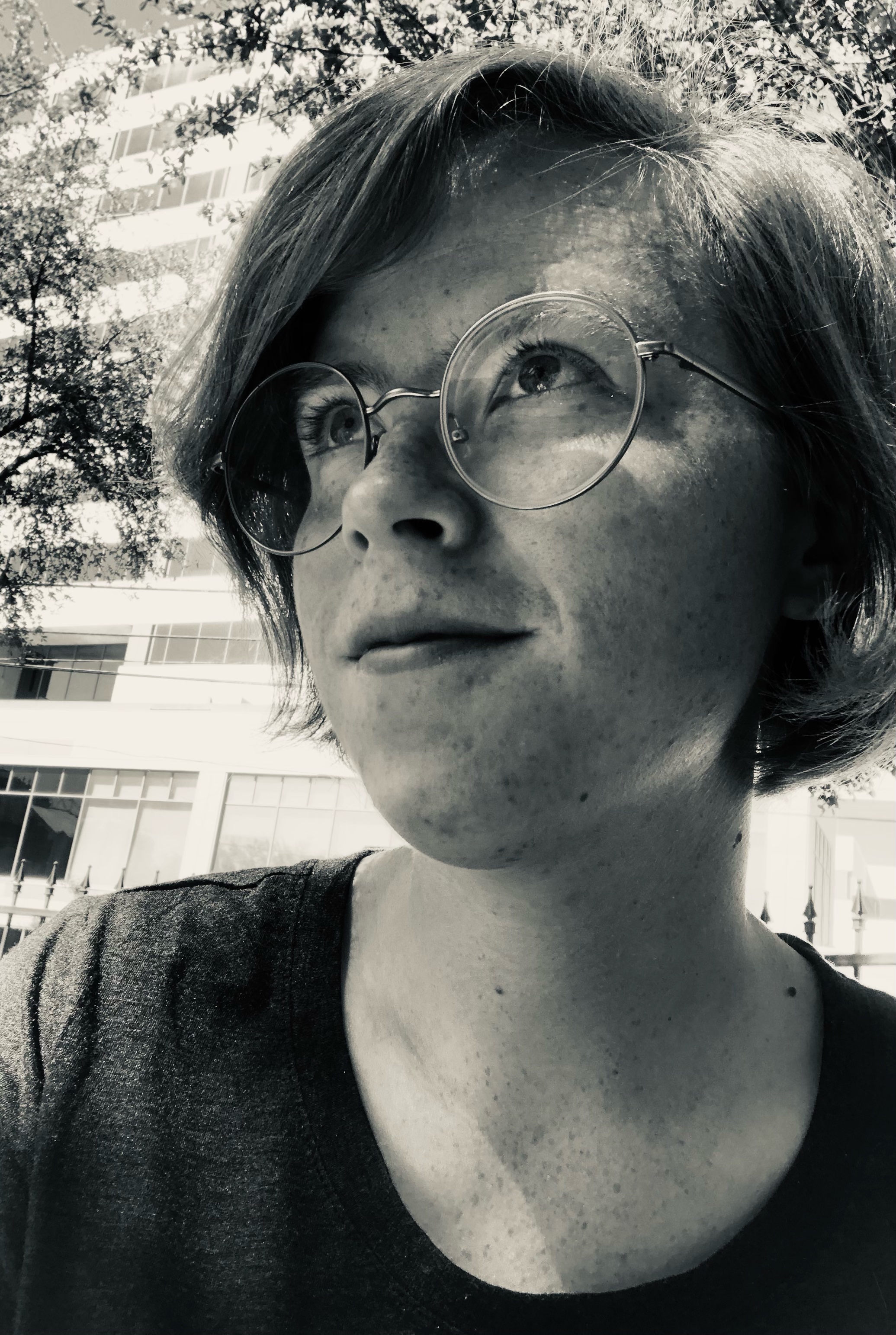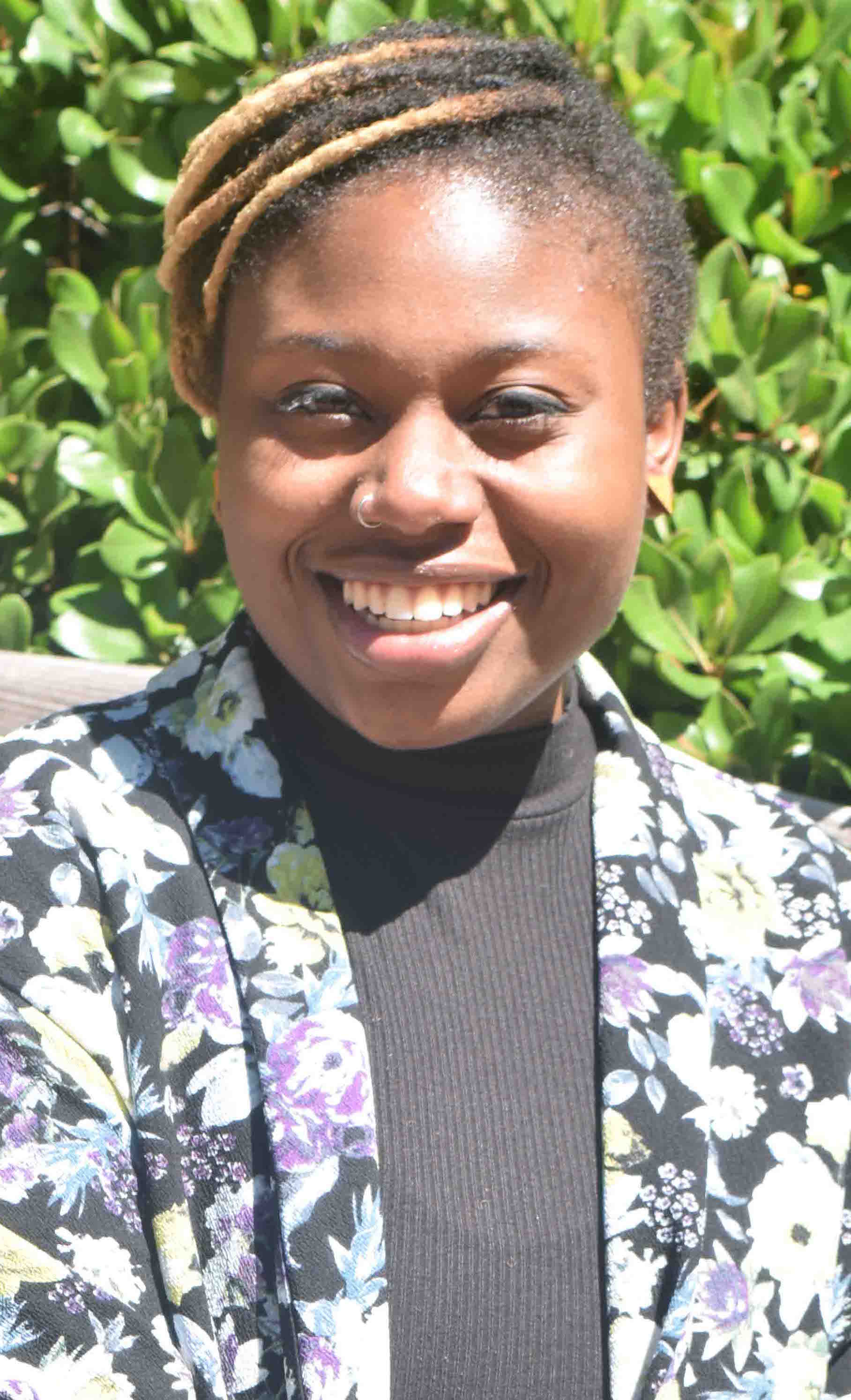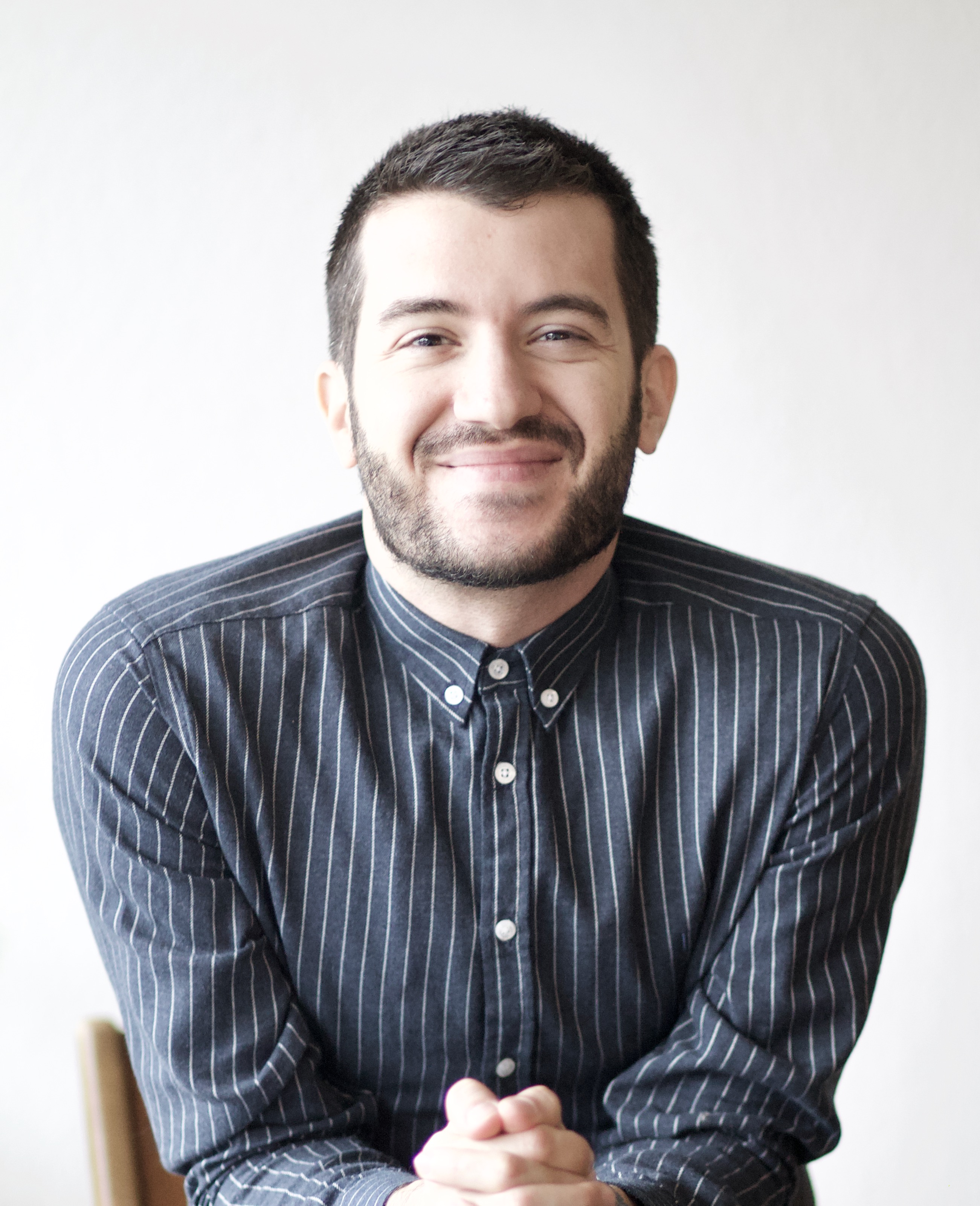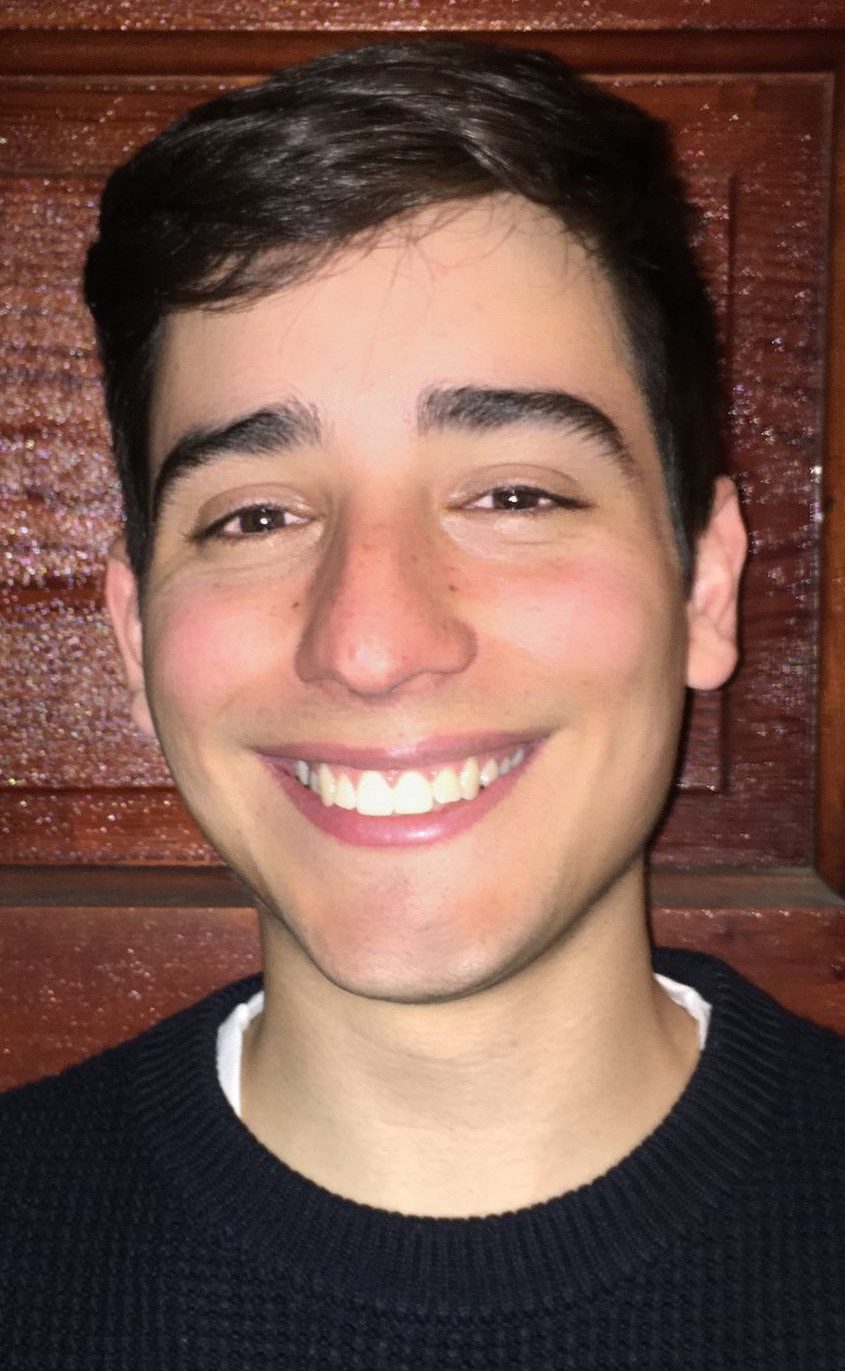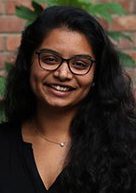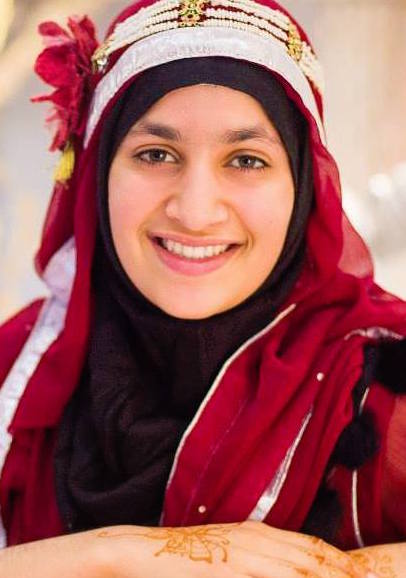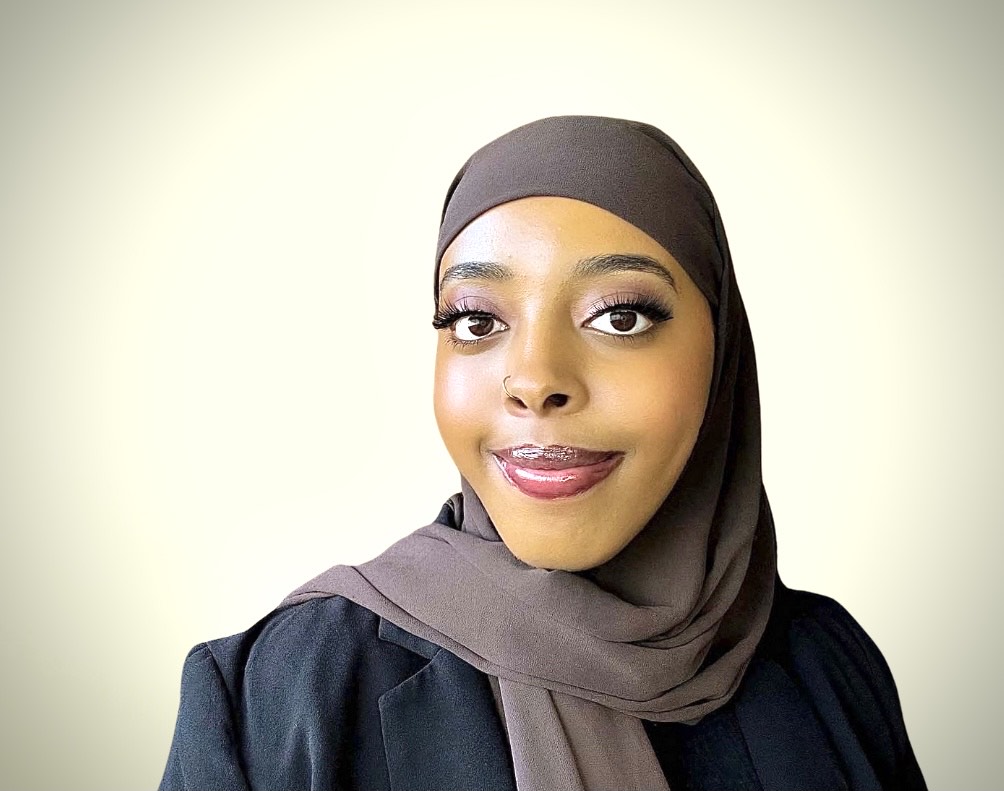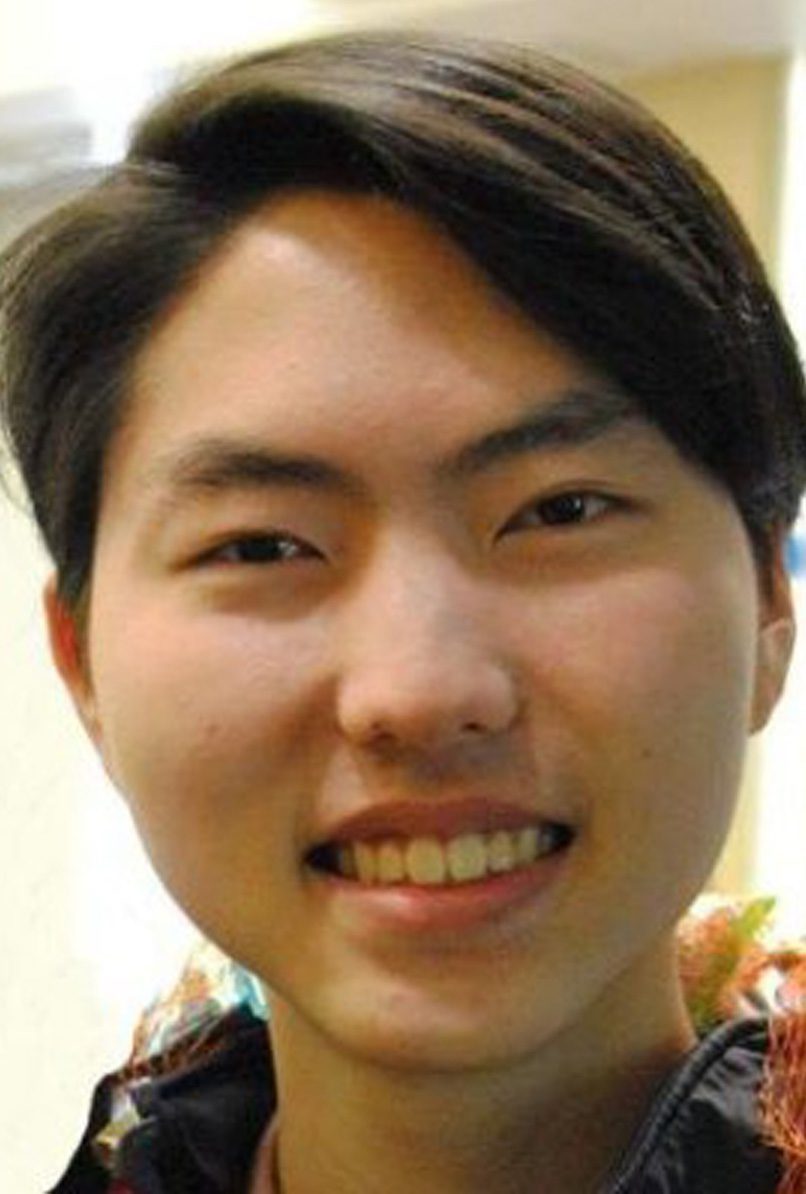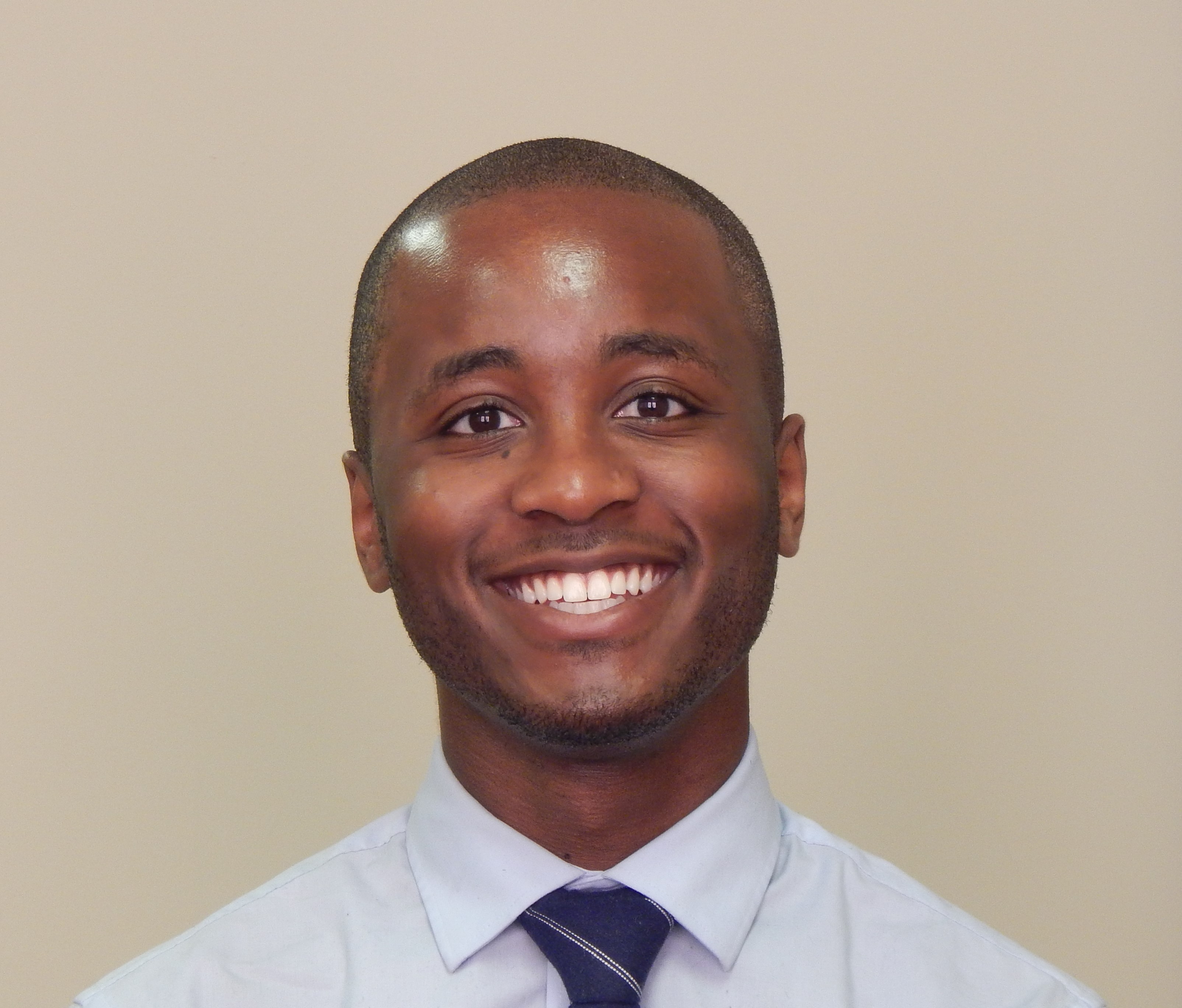Details
Article
AN APPEAL FOR HUMAN RIGHTS
MARCH 9, 1960
We, the students of the six affiliated institutions forming the Atlanta University Center — Clark, Morehouse, Morris Brown, and Spelman Colleges, Atlanta University, and the Interdenominational Theological Center — have joined our hearts, minds, and bodies in the cause of gaining those rights which are inherently ours as of the human race and as citizens these United States.
We pledge our unqualified support to those students in this nation who have recently been engaged in the significant movement to secure certain long-awaited rights and privileges. This protest, like the bus boycott in Montgomery, has shocked many people throughout the world. Why. Because they had not quite realized the unanimity of spirit and purpose which motivates the thinking and action of the great majority of the Negro people. The students who instigate and participate in these sit-down protests are dissatisfied, not only with the existing conditions, but with the snail-like speed at which they are being ameliorated. Every normal being wants to walk the earth with dignity and abhors any and all proscriptions placed upon him because of race or color. In essence, this is the meaning of the sit-down protests that are sweeping this nation today.
We do not intend to wait placidly for those which are already legally and morally ours to be meted out to us at a time. Today’s youth will not sit by submissively, while being denied all of the rights, privileges, and joys of life. We want to state clearly and unequivocally that we cannot tolerate in a nation professing democracy and among people professing democracy, and among people professing Christianity, the discriminatory conditions under which the Negro is living today in Atlanta Georgia — supposedly one the most progressive cities in the South.
Among the inequalities and injustices in Atlanta and in Georgia against which we protest, the following are outstanding examples:
(1) EDUCATION
In the Public School System, facilities for Negroes and whites are separate and unequal, Double sessions continue in about half of the Negro Public Schools, and many Negro children travel ten miles a day in order to reach a school that will admit them.
On the University level, the state will pay a Negro to attend a school out of state rather than admit him to the University of Georgia, Georgia Tech, the Georgia Medical School, and other tax-supported public institutions.
According to a recent publication, in the fiscal year 1958 a total of $31,632,057.18 was spent in the State institutions of higher education for white only. In the Negro State Colleges only $2,001,177.06 was spent.
The publicly supported institutions of higher education are inter-racial now, except that they deny admission to Negro Americans.
(2) JOBS:
Negroes are denied employment in the majority of city, state, and federal governmental jobs, except in the most menial capacities.
(3) HOUSING:
While Negroes constitute 32% of the population of Atlanta, they are forced to live within 16% of the area the city. Statistics also show that the bulk of the Negro population is still:
a. locked into the more undesirable and overcrowded areas of the city;
b. paying a proportionally higher percentage of income for rental and purchase of generally lower quality property;
c. blocked by political and direct or indirect restrictions in its efforts to secure better housing.
(4) VOTING:
Contrary to statements made in Congress by several Southern Senators, we know that in many counties in Georgia and other southern states, Negro college graduates are declared unqualified to vote and are not to register,
(5) HOSPITALS:
Compared with facilities for other people in Atlanta and Georgia, those for Negroes are unequal and totally inadequate.
Reports show that Atlanta’s 14 general hospitals and 9 related institutions provide some 4,000 beds. Except for some 430 beds at Grady Hospital, Negroes are limited to the 250 beds in three private Negro hospitals. Some of the hospitals barring Negroes were built with federal funds.
(6) MOVIES, CONCERTS, RESTAURANTS:
Negroes are barred from most movies and segregated in the rest.
Negroes must even sit in a segregated section of the Municipal Auditorium.
If a Negro is hungry, his hunger must wait until he comes to a “colored” restaurant, and even his thirst must await its quenching at a “colored” water fountain.
(7) LAW ENFORCEMENT:
There are grave inequalities in the area of law enforcement. Too often, Negroes are maltreated by officers of the law. An insufficient number of Negroes is employed in the law-enforcing agencies. They are seldom, if ever promoted. Of 830 policemen in Atlanta only 35 are Negroes.
We have briefly mentioned only a few situations in which we are discriminated against. We have understated rather than overstated the problems. These social evils are seriously plaguing Georgia, the South, the nation, and the world.
WE HOLD THAT:
- The practice of racial is not in keeping with the ideals of Democracy and Christianity.
- Racial segregation is robbing not only the segregated but the segregator of his human dignity. Furthermore, the propagation racial prejudice is unfair to the generations yet unborn.
- In times of war, the Negro has fought and died for his country; yet he still has not been accorded first-class citizenship.
- In spite of the fact that the Negro pays his share of taxes, he does not enjoy participation in city, county and state government at the level where laws are enacted.
- The social, economic, and political progress of Georgia is retarded by segregation and prejudices.
- America is fast losing the respect of other nations by the poor example which she sets the area of race relations.
It is unfortunate that Negro is being forced to fight, in any way, for what is due him and is freely accorded other Americans, It is unfortunate that even today some people should hold to the erroneous idea of racial despite the fact that the world is fast moving toward an integrated humanity.
The time has come for the people of Atlanta and Georgia to take a good look at what is really happening in this country, and to stop believing those who tell us that everything is fine and equal, and that the Negro is happy satisfied.
It is to be regretted that there are those who still refuse to recognize the over-riding supremacy of the Federal Law.
Our churches which are ordained by God and claim to be the houses of all people, foster segregation of the races to the point of making Sunday the most segregated day of the week.
We, the students of the Atlanta University Center, are driven by past and present events to assert our feelings to the citizens of Atlanta and to the world.
We, therefore, call upon all people in authority — State, County, and City officials; all leaders in civic life — ministers, teachers, and business men; and all people of good will to assort themselves and abolish these injustices. We must say in all candor that we plan to use every legal and non-violent means at our disposal to secure full citizenship rights as members of this great Democracy of ours.
WILLIE MAYS
President of Council For the Students of Atlanta University
JAMES FELDER
President of Student Government Association For the Students of Clark College
MARION D. BENNETT
President of Student Association For the Students of Interdenominational Theological Center
DON CLARKE
President of Student Body For the Students of Morehouse College
MARY ANN SMITH
Secretary of Student Government Association For the Students of Morris Brown College
ROSLYN POPE
President of Student Government Association For the Students of Spelman College
2017 JOHN LEWIS FELLOWSHIP PROGRAM
JULY 15TH, 2017, ATLANTA
During the first days of the 2017 John Lewis Fellowship Program, Dr. Roslyn Pope met with the Fellows. She spoke about the historic Atlanta Student Movement and her authorship of the 1960 Appeal for Human Rights—a statement that ignited the Civil Rights movement in the city of Atlanta. The Appeal immediately provoked a response from the Governor of Georgia that he delivered to the public on the radio.
The John Lewis Fellows delved into the heroic Appeal and the Governor’s blatant rejection of it. The John Lewis Fellows, in pursuit of restorative justice, imagined and then rewrote the Governor’s response. Assuming the office and authority of the Georgia Governor, the Fellows crafted the six responses that speak to the integrity, dignity, legitimacy, passion and appeals for justice so boldly expressed in the 1960 Appeal for Human Rights.
ASSUMING THE VOICE OF THE GEORGIA GOVERNOR IN 1960, THE 2017 JOHN LEWIS FELLOWS RESPOND TO AN APPEAL FOR HUMAN RIGHTS
To the students of Atlanta University Center:
Firstly, thank you for contributing to the democracy to which we strive by challenging your daily realities and voicing your ideas for the improvement of our society. We acknowledge that the grievances listed, and surely many more, harm our shared American values. As governor, I apologize for the injustices created by this society through the systematic abuse of African Americans in this state. Regarding the issues raised on education, jobs, and housing, we would like to propose a dialogue with the African American community in order to derive solutions more acutely representative of our democracy. I thank, once again, the students who have bravely authored this appeal. We at the governor’s office look forward to bettering our state and our country.
……….
We acknowledge and applaud the beauty of our youth’s efforts in building a collective and inclusive society that sees the humanity in all its citizens. We seek to understand and honor the pain and suffering conveyed by this Appeal, as well as that of indigenous peoples, black people and people from African descent, immigrants from Asia, South Asia, Latin America, poor people, and people with disabilities. Together we have struggled to build this community and we want to build a nation that is progressive, and which takes tangible actions toward the demands enlisted by this Appeal.
……….
I, the Governor of Georgia, having been elected by the people to protect those same people, welcome the voices of the students of the Atlanta University Center to the table. For the atrocities listed in the Appeal for Human Rights, I apologize personally and on behalf of the state of Georgia for my neglect of the current and historic systemic dehumanization of black citizens. These actions are antithetical to the person I am and to the values of this great state. It is never easy to recognize that one’s intentions for good have fallen short, but, as the saying goes, the road to hell is paved with good intentions. As Governor, I am beholden to many. Therefore, I would like to offer multiple community gatherings where I and other policy makers of the state may be held accountable not only by the students in the Appeal for Human Rights but also for the inequities written therein. I dedicate myself to making sure that actionable steps will and must be generated at the aforementioned gatherings and will be created and legislatively secured by my administration and the administrations after mine. Human rights should never be optional but instead communally generated, legislatively recorded, and systemically protected. The journey is long, but thanks to you, today the path is clear.
……….
We have read the Appeal for Human Rights, written by Dr. Roslyn Pope and signed by the student body presidents of the six universities of the Atlanta University Center.
We thank Dr. Pope for an Appeal that catalyzed a historical movement for social justice which brings pride to our city and continues to shape it to this day.
The Appeal was skillfully prepared. Obviously, it was written by students who courageously applied their knowledge in an effort to restore the rights of Black communities in Georgia and throughout the nation.
Regrettably, the Appeal did not receive the respect that it merits. We invite opportunities to celebrate both Dr. Pope and the Appeal’s significance to the world as we continue to preserve its legacy and acknowledge the urgency of the issues raised.
This Appeal was and still stands as an incredible leap towards creating a more just, equitable, inclusive and dignified Georgia, United States and world.
……….
To the AUC students who drafted this appeal, thank you. It takes great courage, strength, and intellect to dedicate oneself to this important endeavor. ere’s no avoiding our regretful past as a nation, much less as a state. In this state alone, people of color have been denied access to quality education, safe, decent affordable housing, fair wages and equal opportunity employment, adequate healthcare, unobstructed access to voting rights, and access to the public sphere. Additionally, our communities have been subject to repeated dehumanizing policies, state-sanctioned violence, and abnegation of personhood. We can no longer pretend to live in a country that upholds the principles of life, liberty, and the pursuit of happiness without addressing the issues stated within this Appeal for Human Rights. As a community, and as a nation, we must not only acknowledge past wrongs, but actively remember the individuals who sought to address these wrongs. It is because of leaders like Roslyn Pope, Julian Bond, Lonnie King, and their fellow student leaders that our society and our nation can further fight for and preserve democracy, freedom, equality, and, most importantly, Human Rights.
……….
My fellow Americans,
I am speaking to you from Spelman College where a group of courageous students stood up to assert their rights as citizens of this nation. At this time, I’d like to acknowledge the courage of Roselyn Pope who channeled the frustration of the Black community into such a powerful document. This nation was supposed to be founded on the ideals of life, liberty, and the pursuit of happiness, and we have astronomically failed in this endeavor.
Our nation is awed due to the ways we refuse to acknowledge the systemic forms of injustice, racism, and oppression that continues to permeate our society in a country that claims to value justice and democracy. These values addressed by Roslyn Pope and fellow student leaders have demonstrated the need to improve the ways we operate as a nation, state, and a people.
I assure you of my full commitment to the issue of injustice and encourage you to remain vigilant in the face of oppression. Finally, I urge everyone in the community to join me in a meeting at Spelman College so we can begin to lay a solid foundation for meaningful social change. Thank you.

